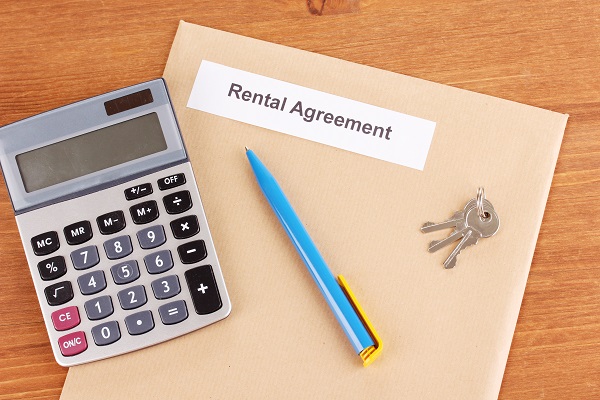
When landlords undertake extra-judicial action to handle a tenant who is in default, it is referred to as “self-help” measures. Self-help action typically involves banning the tenant from entering the premises when the lease has been breached. Many states expressly permit landlords to avoid judicial eviction proceedings through contractual agreement and undertake self-help remedies for a defaulting commercial lessees. Thus, the landlord may be entitled to rely on provisions in the commercial lease that allow him to enter and take possession of the premises or to change the locks to prevent entry. In order to use these provisions in a contract, the lease must be unequivocally commercial in nature. In addition, the self-help action is required to be “peaceable.” The landlord cannot exert force to reclaim his property. In residential leasing situations, states prohibit self-help as an alternative to eviction proceedings. Actions that constitute self-help in lieu of formal eviction actions as prescribed by law ware unenforceable, even if stated in a written lease.
In many states, once the landlord establishes his right to forego statutory eviction proceedings, he must pursue self-help in an enforceable manner in accordance with state law. In California, however, self-help measures, including physical removal of the tenant, changing the locks or installing a new tenant, are not permitted. Under California law, a commercial landlord must follow the legally prescribed eviction proceedings to remove a tenant who has not complied with the terms of the lease.
Even in states where self-help is an enforceable remedy for commercial lessees, this process of redressing a default may not be the ideal course of action. Landlords that do not commence unlawful detainer actions may expose themselves to lengthy and expensive lawsuits by an aggrieved tenant claiming unlawful eviction. In addition, self-help must be carried out in strict compliance with the law, including avoiding confrontations with the tenant or acting in any manner that is not deemed peaceful. Thus, self-help should be carefully considered in commercial lease arrangements and used only in limited circumstances.
Contact Shane Coons at 949-333-0900 or visit his website at www.ShaneCoonsLaw.com to find out more about his practice.
